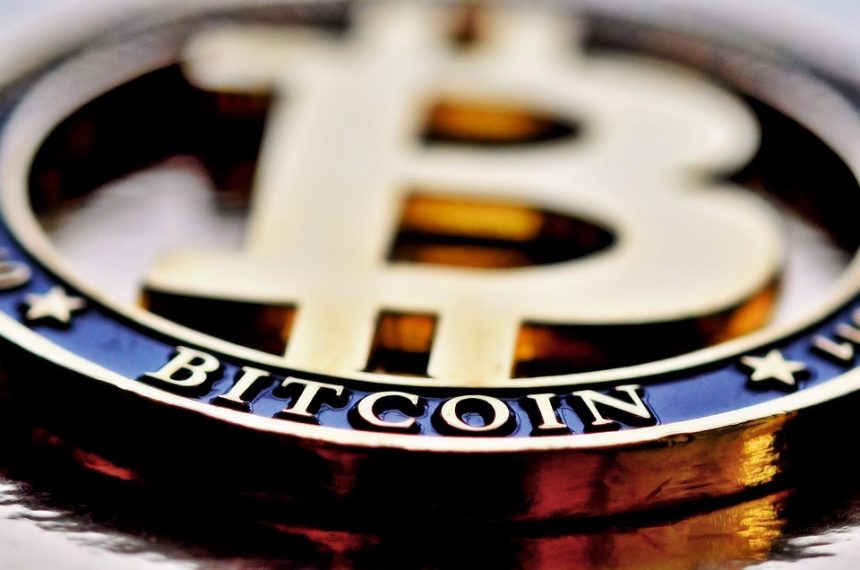In the rapidly evolving world of finance, the term "Decentralized Finance," or DeFi, has emerged as one of the most significant trends reshaping the landscape of investment and banking. Leveraging the power of blockchain technology, DeFi has the potential to create a more inclusive, efficient, and democratic financial system. As traditional financial institutions grapple with inefficiencies and a growing demand for transparency, DeFi stands as a disruptive force, promising to revolutionize how we think about money and investing.
Understanding DeFi
Decentralized Finance refers to a broad range of financial applications built on blockchain networks, primarily Ethereum. Unlike traditional finance, which relies on centralized intermediaries like banks and brokers, DeFi operates on decentralized protocols, smart contracts, and peer-to-peer transactions. This allows for a myriad of financial services—including lending, borrowing, trading, insurance, and yield farming—to be conducted without intermediaries.
At its core, DeFi aims to democratize access to financial services, enabling anyone with an internet connection to participate in the global economy. By removing traditional barriers, such as high fees, lengthy transaction times, and discrimination based on geography or socioeconomic status, DeFi provides a more inclusive alternative.
Key DeFi Components
-
Smart Contracts: Smart contracts are self-executing contracts with the terms directly written into code. They enable automated, trustless transactions, reducing the need for intermediaries and improving efficiency.
-
Decentralized Exchanges (DEXs): DEXs like Uniswap and SushiSwap allow users to trade cryptocurrencies directly with one another. Here, users maintain control of their funds and trade autonomously, minimizing the risks associated with centralized exchanges, such as hacks and outages.
-
Lending and Borrowing Platforms: DeFi platforms like Aave and Compound enable users to lend their assets to others in exchange for interest or to borrow funds by providing collateral, often at lower rates compared to traditional banks.
-
Stablecoins: Stablecoins are cryptocurrencies pegged to a stable asset, such as the US dollar, and provide a way for users to hold value without the volatility commonly associated with cryptocurrencies. They are integral to many DeFi protocols, as they facilitate seamless transactions and provide a stable source of liquidity.
- Yield Farming: Yield farming allows users to lend or stake their cryptocurrency assets in exchange for interest or rewards, often in the form of additional tokens. This innovative method of generating income has attracted many investors looking for higher returns than traditional savings accounts.
The Benefits of DeFi
The advantages that DeFi offers are numerous. Here are some of the key benefits:
-
Accessibility: DeFi platforms are open 24/7 and can be accessed globally, allowing anyone with an internet connection to participate in financial services, regardless of their location or financial background.
-
Transparency: Transactions on DeFi platforms are publicly recorded on the blockchain, enabling transparency and traceability, which can greatly reduce fraud and corruption.
-
Interoperability: Many DeFi protocols are built on Ethereum, allowing different platforms to interact and share data seamlessly. This interoperability creates a robust ecosystem of financial applications.
-
Cost Efficiency: By eliminating intermediaries and leveraging smart contracts, DeFi can offer lower fees and faster transaction times compared to traditional financial systems.
- Innovative Financial Products: DeFi has spurred the development of new financial products and investment strategies, enabling investors to explore diverse opportunities that were previously unavailable or difficult to access.
Challenges and Risks
Despite its potential, DeFi is not without its challenges. Smart contract vulnerabilities can lead to significant losses, as seen in various high-profile hack incidents. Furthermore, regulatory uncertainty surrounding DeFi has raised concerns among investors and developers alike. Issues related to user privacy, data protection, and fraudulent activities must also be addressed to ensure widespread adoption.
Moreover, the volatility of the crypto market poses risks for DeFi platforms that often utilize collateralized loans. A sudden drop in asset prices can lead to liquidation events, creating a ripple effect throughout the ecosystem.
The Future of DeFi
As DeFi continues to mature, it is likely to drive increased innovation in the financial sector. Traditional financial institutions are already exploring partnerships with DeFi platforms and integrating blockchain technology to streamline operations. Regulatory frameworks will inevitably evolve to accommodate this burgeoning industry, providing a more secure environment for investors while promoting consumer protection.
In conclusion, Decentralized Finance represents a paradigm shift in the way financial services are delivered and consumed. As it gains traction, DeFi has the potential to democratize finance, increase efficiency, and create a new wave of investment opportunities. For those willing to navigate its complexities, DeFi may indeed be the next big wave in crypto investing. Investing wisely and staying informed will be crucial as this dynamic landscape continues to unfold.





